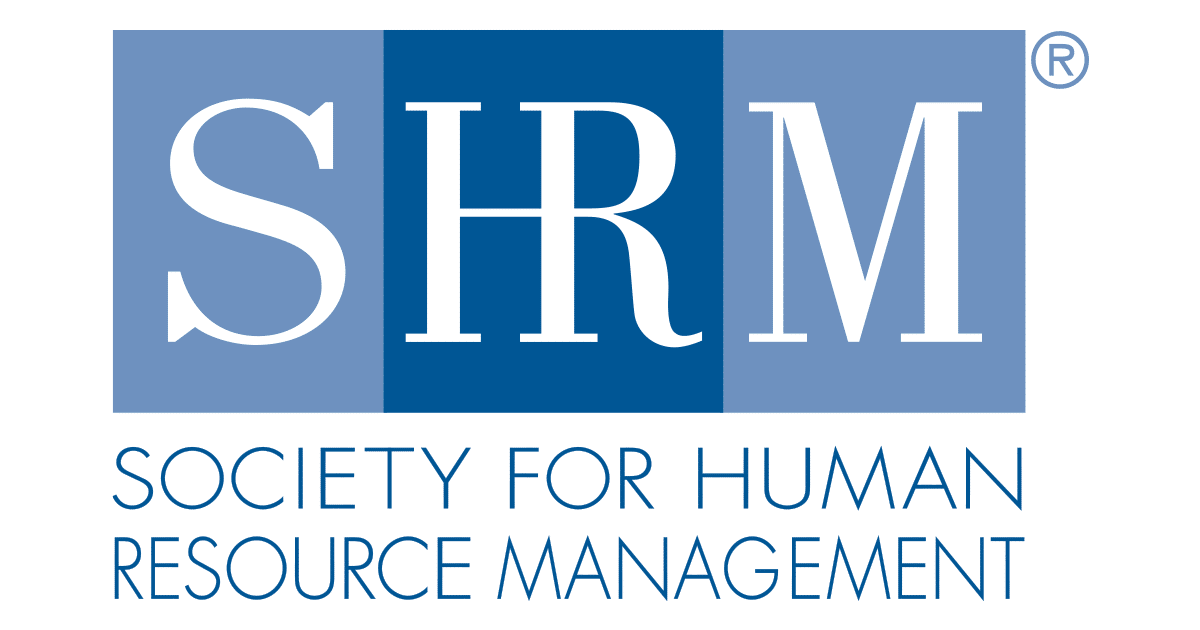Soft skills are non-technical skills that relate to how you work.
They are how you interact with colleagues, problem solve, and how you overall manage your personal workload and team.
They encompass interpersonal skills such as communication, listening, time management, and empathy.
All characteristics that are imperative to the success of business leaders.
Failing to demonstrate social grace and the ability to communicate with clarity can be a huge pitfall to a strong leader.
A great leader learns to hone in on their soft skills, their reward:
Engaged employees who thrive and contribute to the success of the company.
So how can soft skills be strengthened for success?
We have a few tips that can help develop your skills further.
- Provide Recognition
The best recognition comes from a manager who employees respect and know they can trust. Leaders who maintain friendly relationships with staff are more successful at creating a more productive and cohesive work environment and assist in developing deeper bonds and interactions with employees.
- Personalize interactions
Using names, and saying more than just “hello” are simple steps to show interest.
Forgo the generic “How are you doing?” and instead ask about something that affects them personally. Looking for hints about what employees enjoy outside of work and use them as a conversation starter.
- Show appreciation
Helping others feel as if they matter can be accomplished in many ways.
Say thanks for little things and regularly celebrate their successes.
Employees need to know they are relevant so remind them of their great contributions past and present.
- Acknowledge feelings
We are all aware that work life can be a roller coaster and our emotions are along for the ride.
As a leader you don’t have to react to every peak and valley but you must be aware of what you witness and address it.
Seeing an employees frustration or anxiety and addressing it is just as important as sensing excitement and pride and acknowledging a job well done.
- Communicate
The ability to listen, communicate and provide opportunities for growth are all intertwined.
Regularly reviewing information and providing metrics for staff will help provide a more clear path for employees and help them recognize when they are achieving goals.
Allow employees to offer their ideas or concerns while reviewing the chosen metrics to increase individual ownership of the set goals.
- Invest time in your team
A friendly environment increases motivation and cohesiveness within teams.
Engage staff in team building to help boost morale and a more enjoyable work environment.
All skills require practice to achieve growth and soft skills are no different.
Take the time to hone these skills to become not just a good leader but a GREAT one.
Written By: Morgan Henry











